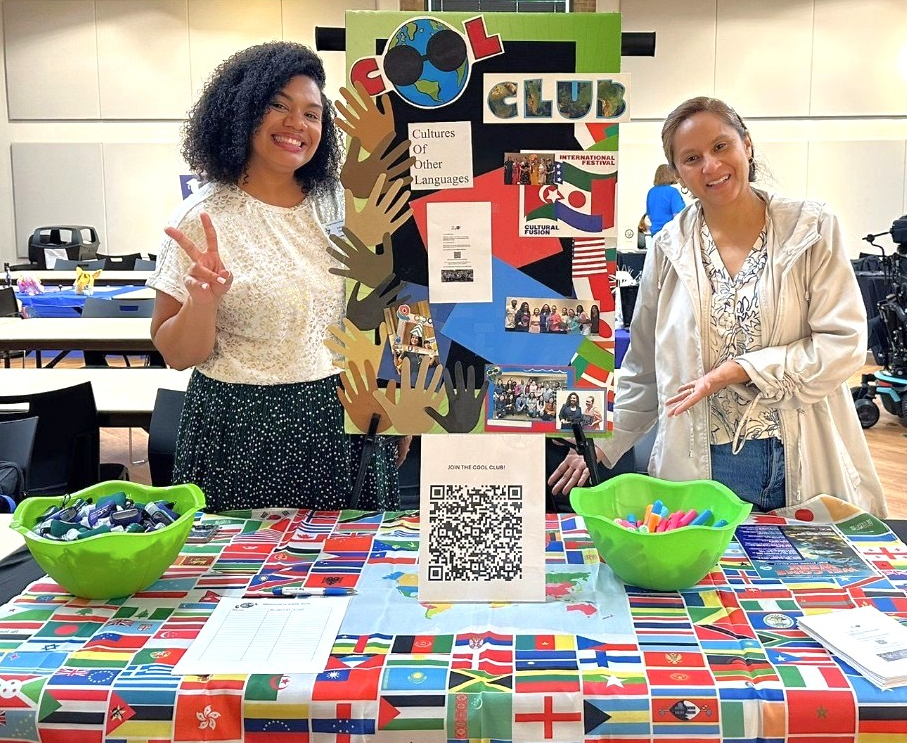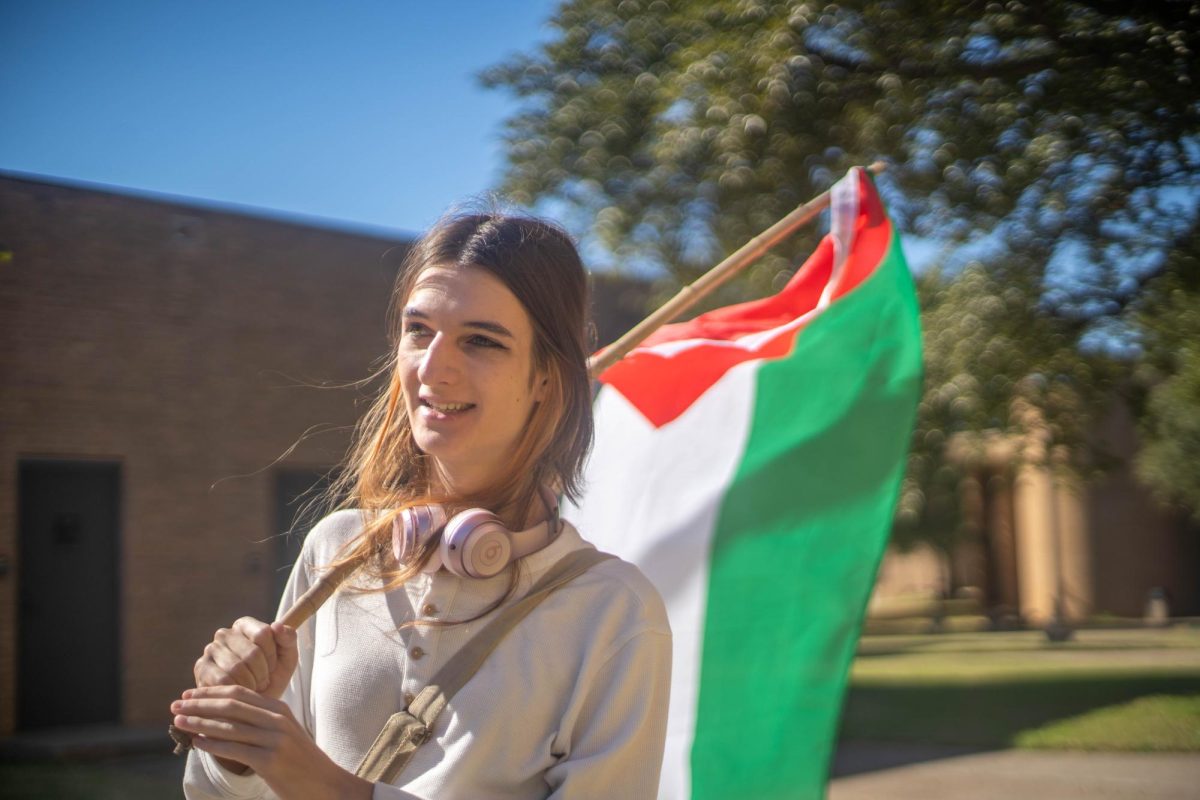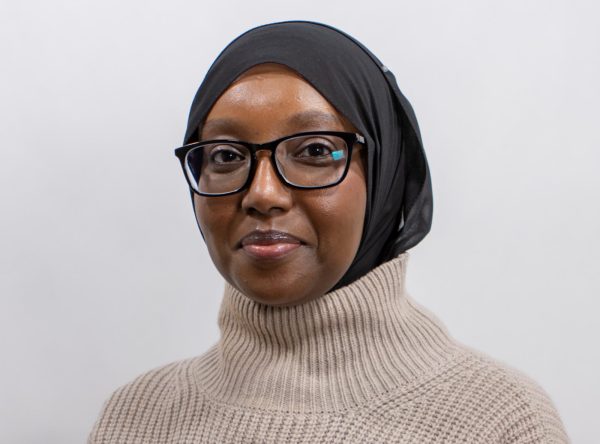Some Muslim students are celebrating Ramadan differently this year because they have been displaced by war.
In Ramadan, which is one of the five pillars of Islam and the ninth month of the Islamic calendar, Muslims fast from dawn to dusk, which means abstaining from eating, drinking and having sex during those hours. In Islam the Quran was sent down during Ramadan and most people try to complete reading the Quran dur- ing it. The month is also about prayer, fasts and acts of charity.
Billions of Muslims across the globe use this month as a spiritual reset and a time to go the extra mile in worship. Many people go straight to the Mosque after breaking their fast for night prayers called Tarweeh, which are long prayers done in congregation. There is also usually a lecture from an Iman (faith lead- er). This can sometimes be difficult, especially for some students and people who work 9 to 5. In contrast, others are not bothered by the long days of fasting and the long nights of prayer.
TCC has become home to Sudanese students who have fled Sudan because a Civil war broke out in April of 2023; according to the U.N., to date, upwards of 12,000 people have been killed, and more than 8 million have been displaced. Not only are they dealing with a new country, but many families have been displaced worldwide and have lost contact with each other.
Mustafa Hasan, an ESL student at NE who has only been taking classes for a few days, explained that Ramadan is hard because the days are long, and feels thirsty from the morning.
Many use this month as a spiritual and physical reset to abstain from vices but in- corporate more worship time, similar to Lent, which Catholics, Episcopalians, Presbyterians, Methodists, Anglicans, and Lutherans observe.
This year, Ramadan comes at a time when Muslims are feeling the grief of the ongoing war in Palestine as well as Sudan, where the U.N. says that there is a 35% increase in people affected by violence com- pared to the previous quarter.
Fasting for the first time in a new place is difficult for many people because of a lack of a support system or the community they are used to practicing Ramadan with, as well as the time duration changing and getting used to a new environment.
Salma Mustafa, an NE student, said Ramadan is a good month because of the community aspect.
“We can do our chores and study together. It’s barakah [blessed]. I hope everyone gets peace. It’s difficult for all of them. They are suffering, and we are suffering with them”
Many people use this time for worship, self-reflection and as a habit reset.
“Worship is my favorite, I can do a lot
of prayers and read more Quran,” said Salma Mustafa
Another student, Yusra Sayed, a new NE, studies here with her sister, Salma Sayed. Both are new to college life. They know peo- ple in Sudan who have been displaced.
“Thank God we are here”, said Sayed. “We are ok and there is no war, and for them, it’s so hard because it’s Ramadan and the war. It’s going to be so difficult for them. We just have to make dua for them [say a prayer for them].”
In the fall of 2023, during a president’s listening session, a student brought up the need for a space on campus.
Vice president of student affairs Terese Craig said, “We had a student who requested that we identify space where students might be able to gather to have some privacy for any type of reflection, prayer, etc. And that had been on our radar as a college, but the student requested that event really brought it to the forefront.”
Cara Walker, director of student development services, said the campus has been made aware of the need.
“What was intentional with our Interim President, Dr. Clayton, is making that serenity room space for students of various faiths to be able to pray and meditate, to be able to do that in a secluded space and have that privacy.”
In NE, the room is located in NCAB near the podcasting and lactation rooms. It is a quiet space for students to meditate, do yoga and pray or for neurodivergent students to use when needed. Each campus has a space open or is working on opening one.
“It’s great because they give you the opportunity to practice your religion, because prayer as a Muslim is the first thing,” said Sayed.
The room has a Q.R. code that goes to a form that students need to fill out each time to request a time to use the room. It’s best to give a 2-hour notice since someone has to come and open the door. It’s usually Amy Edgell’s assistant to Cara Walker or Stacy Herrera’s assistant to Vice President Craig.
The room accommodates 3-4 people at a time. With health and wellness in mind, the school provides hand sanitizer and disinfect- ing wipes. While the room has little décor or furniture except for a table and two chairs, students can bring their Yoga or prayer mats or anything else they need. Still, each student is responsible for taking their items back with them.
“I hope that across the district that stu- dents feel supported and welcome,” said Craig. “And that they belong in that space, even though we don’t have it decked out with, you know, it’s whatever you need to need it to be as the user who’s reserved for that time period.”



























